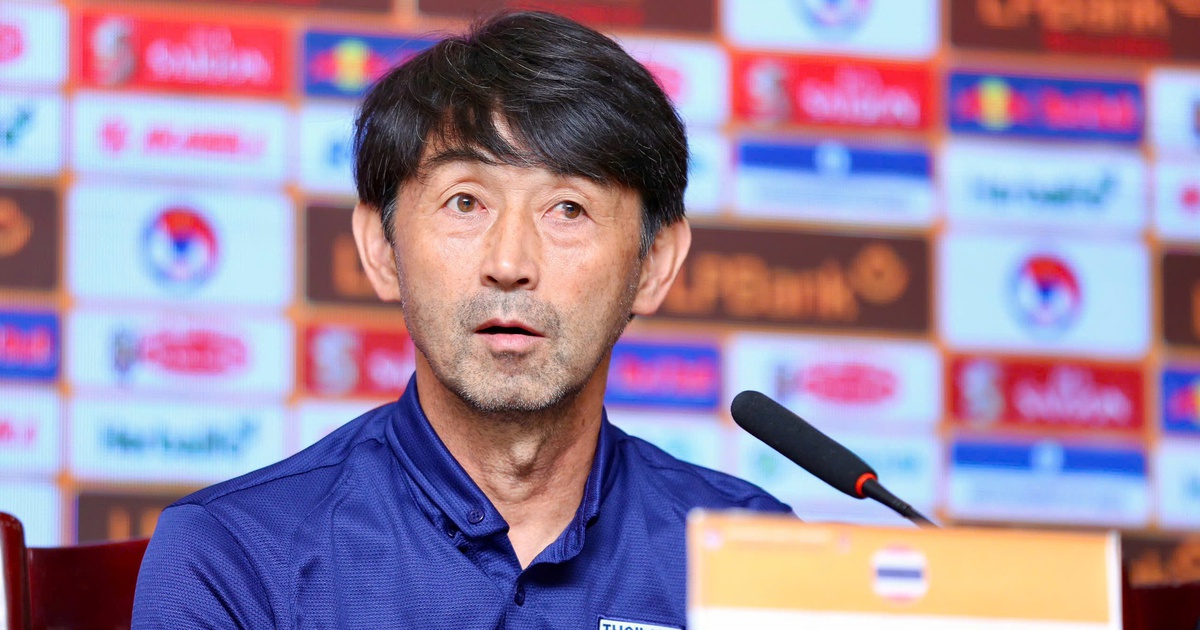The French Prime Minister, François Bayrou, intends to form a Government before Christmas. A Government that lasts longer than that of his predecessor Michel Barnier, dismissed by a motion of censure barely three months after his appointment. It’s not easy for him. His start to his mandate has been complex. After the tensions and the feeling of improvisation that accompanied his appointment, the new head of the Executive has faced a wave of criticism for the management of the cyclone Chido in Mayotte, an archipelago in the Indian Ocean that belongs to France. The leader of the center-right Democratic Movement party (MoDem) is, despite this, trying to accelerate the formation of a Government with the support of moderate parties and with a narrow margin of maneuver.
In an interview on public television France 2 on Thursday night – his first since taking office on December 13 – Bayrou wanted to send a message of optimism. The head of Government stated that he hoped to form an Executive “this weekend” or, at the latest, “before Christmas.” “I think everyone has to assume their responsibilities. “What awaits us is so difficult that we have to work together,” he added.
The week has been high voltage for Bayrou, who combines his new position with that of mayor of Pau, where he has been elected continuously since 1982. The prime minister began his round of contacts on Monday to form an Executive that will last at least until summer of next year, when legislative elections can be called again. The last round, lasting three hours, took place on Thursday, when he met with the leaders of the Macronist center, the moderate right, socialists, environmentalists and communists. After the meeting, Bayrou asked them to clarify whether they preferred to join the new Government or remain in the ranks of the opposition. Excluded from the meeting were Marine Le Pen’s far-right National Rally Party (RN) and Jean-Luc Mélenchon’s leftist France Insoumise (LFI).
“He has not given us arguments for us not to vote on a motion of censure,” declared the leader of the Socialist Party (PS), Olivier Faure, after the meeting. “We hope that he will provide clarifications about his willingness to reach an agreement,” he added. In recent days, the socialists – who have 66 deputies – have shown themselves willing to seal a pact of non-censorship of the new Executive. But its condition for this is that the Government does not use article 49.3 again to approve any initiative by decree. Something complicated given the current parliamentary majority.
The leader of the environmentalists, Marine Tondelier, declared for her part that her party – with 38 seats – had not been listened to. The right of Los Republicanos (LR), with 47 deputies, has not yet clarified its position. Both Laurent Wauquiez, the group’s president in the National Assembly, and Mathieu Darnaud, the group’s president in the Senate, will speak by phone with Bayrou this Friday afternoon, the newspaper reports. Le Monde. On Thursday, Wauquiez asked the representatives of the other political groups for “a commitment to six-month stability” for the future Government. That is, there was no motion of censure in that period.
“An open door”?
In an attempt to convince the socialists, Bayrou also stated during the interview on France 2 that he was willing to “restart” the negotiations on the pension reform, but clarified that he did not want to “suspend” it. It is “an open door of good will,” he insisted. The reform, which increases the retirement age from 62 to 64, was adopted by decree last year in the midst of great social upheaval. The left-wing parties ask to suspend its application and remember that it was their alliance, the New Popular Front, that won the last legislative elections in July, which gives them legitimacy to demand that there be a change in political course.
During the interview, the prime minister extended another hand to the left by promising that he would not use article 49.3 of the Magna Carta, except “if there is an absolute blockade on the budgets” for 2025. The negotiations to approve the budgets were interrupted after the motion of censure supported by the left and the extreme right on December 5, which overthrew the conservative Michel Barnier. “I hope we can have it.” [el presupuesto] in mid-February,” Bayrou said.
The mayor of Pau also expressed his desire that the current Minister of the Interior, Bruno Retailleau, join the new Executive. The politician, who belongs to the most conservative wing of the right, “showed decisions and guidelines that respond to part of what public opinion is asking for,” Bayrou said. His presence in the Government is, however, a red line for socialists and environmentalists.
The prime minister seeks to bring together figures from the “republican right” and “the democratic and government left” in the same Government. But their room for maneuver, due to the difficulty of reconciling different sensitivities, is narrow. His first steps at the head of Matignon – seat of the Government headquarters – have also been accompanied by controversies. On Monday, representatives of Macronism and the opposition reproached him for not attending in person at the crisis meeting organized to manage the consequences of the cyclone. Chido in Mayotte.
When an environmentalist deputy asked him about it on Tuesday, Bayrou replied that the Government was present in the archipelago and that it was not “usual” for “the Prime Minister and the President of the Republic to leave the national territory at the same time.” His response earned him an avalanche of criticism from part of the opposition, who recalled that the archipelago is part of France.
A survey by the Odoxa/Backbone Consulting institute for the conservative newspaper The Figaro reveals that 65% of French people consider the beginning of Bayrou’s mandate to be unsatisfactory. Since his appointment, Bayrou faces the difficult task of overcoming the deep division that the July legislative elections left in Parliament.
After the elections, the National Assembly was fragmented into three almost equal blocks. The New Popular Front (NFP)—the alliance made up of Mélenchon’s LFI, socialists, communists and environmentalists—obtained 182 of 577 deputies, but fell far short of the absolute majority of 289. The presidential bloc, made up of three center parties and center-right, obtained 168; and the far-right RN, 143. Le Pen’s party, despite finishing third in that block scheme, became the arbiter of the contest.








